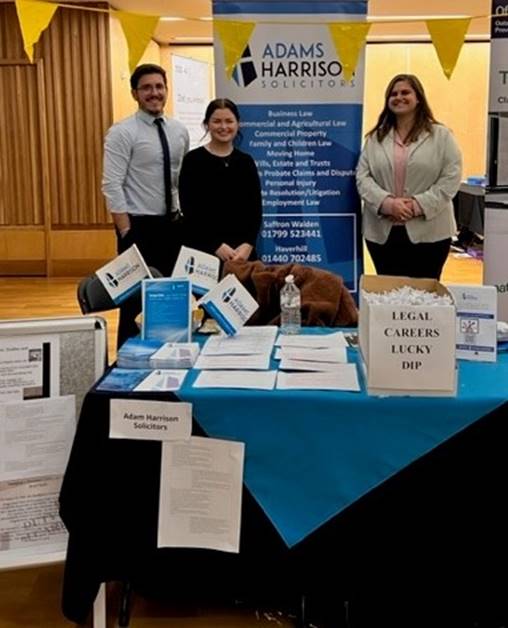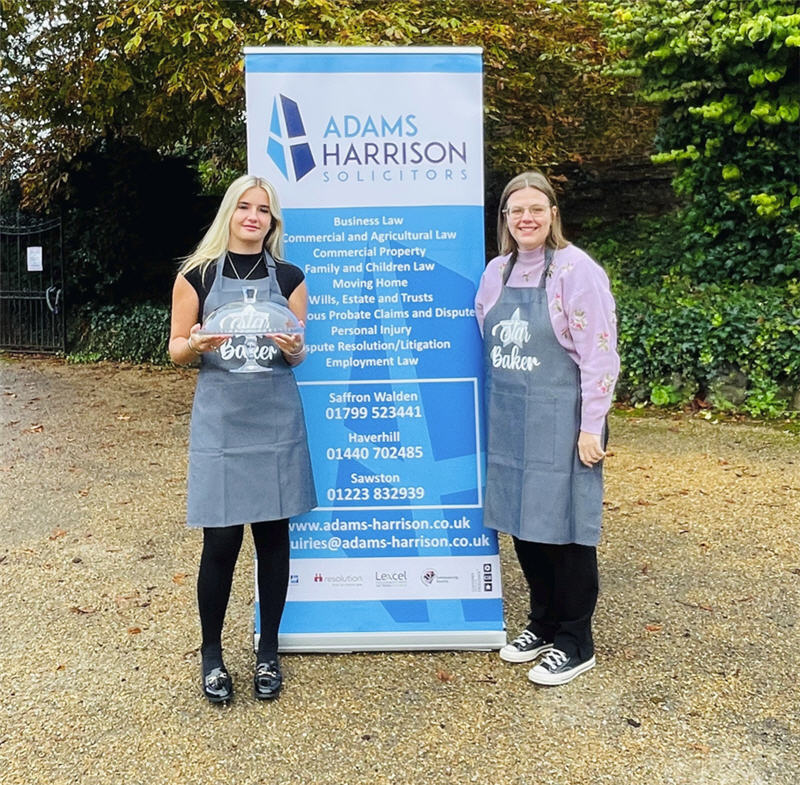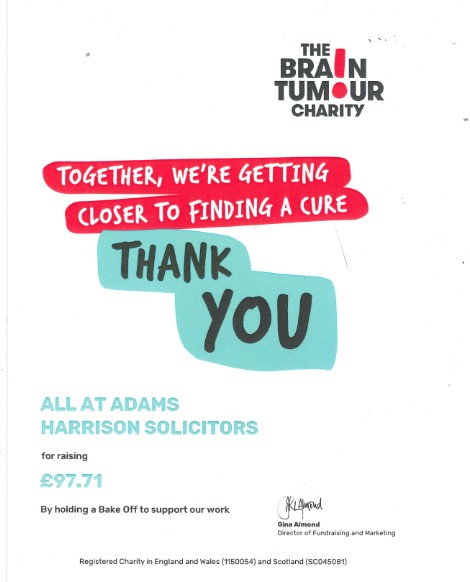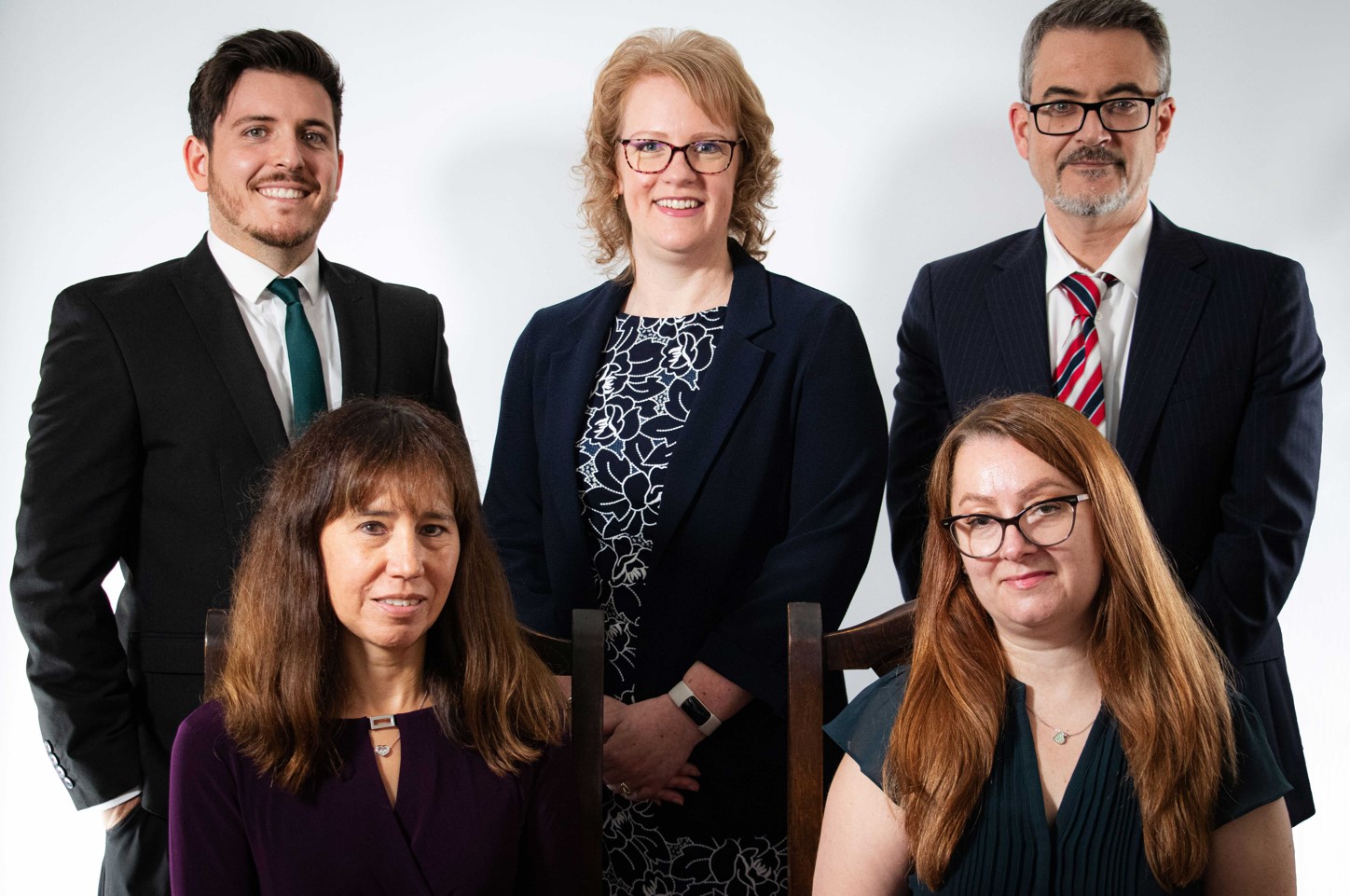Charity cheque presentation to Uttlesford Food Bank
Continuing our tradition of donating to three local charities instead of sending Christmas cards Melanie Pratlett, our Senior Partner, met with Katy Mendes-Day from Uttlesford Food Bank on Thursday 5th January to present her with a cheque for £200.

Katy was able to tell us more about the Food Bank, which has been running since 2014 and started in a church. They have since moved to a warehouse and are already struggling for space. The pandemic and cost of living increase are two major events which have resulted in a 300% increase in demand at the foodbank but many other nationwide impacts and personal experiences may result in a person needing help from the Food Bank. Uttlesford Food Bank works by referral and once registered a person or family in need will receive a delivery of an emergency food and care parcel.
The Resolution Foundation predicts that those in absolute poverty will increase by three hundred thousand over the next 12 months.
We hope that we helped a little but the Food Bank needs help from anyone who can support them with food or money donations, or by volunteering or fund raising they can be found at https://uttlesford.foodbank.org.uk/

Louise Taghi joined the firm in November 2021. Louise has many years’ experience in the legal profession and the experience ranges from Solicitors to Barristers’ Chambers from single office High Street firms to the 12th largest law firm in the world.
She brings a depth of experience to the Practice and is an Associate Member of the Institute of Legal Finance & Management (ILFM).
Louise is responsible for day to day management of the firm and works closely with the Partners.
Hobbies and Interests: Outside of work Louise is a member of a Suffolk-based ladies choir, and also enjoys gardening and keeping fit.













 The partners are delighted to announce that Tanya See joined Adams Harrison on 25th September 2023.
The partners are delighted to announce that Tanya See joined Adams Harrison on 25th September 2023.
 During June and July Adams Harrison staff participated in a bake off over a 7 week period.
During June and July Adams Harrison staff participated in a bake off over a 7 week period.




